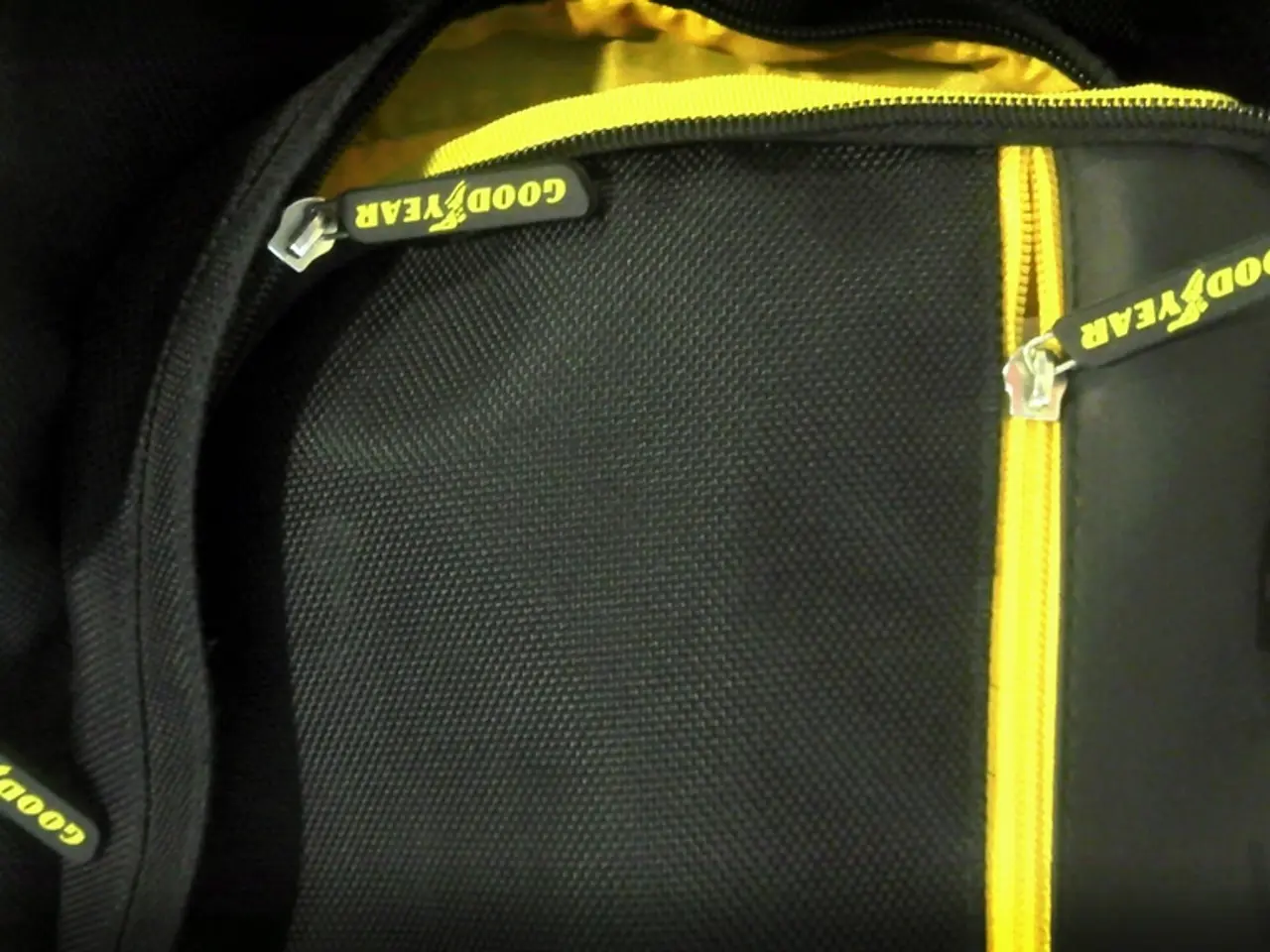Commencing the Academic Year: Strategies for Managing Academic Responsibilities
Balancing Academics and Extracurricular Activities at Princeton University
Navigating the demands of academics and extracurricular life at Princeton University can be challenging, but one student has shared their strategies for success.
To maintain a well-rounded approach, the student emphasizes the importance of creating a structured study and activity schedule, utilizing time management tools like Google Calendar, and leveraging campus resources such as the McGraw Center for Teaching & Learning.
Time Management Strategies:
The student starts by creating a detailed weekly schedule, balancing classes, study blocks, extracurricular events, and downtime. This routine helps to avoid burnout and build a sense of normalcy.
Google Calendar is used to block specific hours dedicated to study sessions, classes, meetings, and events. Reminders and alerts are set to stay on track and minimize procrastination.
The student also prioritizes tasks by breaking them down into smaller, manageable daily goals. This approach encourages productivity and provides regular feelings of accomplishment.
Maintaining flexibility in the schedule is essential, as academic demands or extracurricular commitments may shift. Adapting the plan keeps stress manageable without sacrificing important activities.
Utilizing Resources at Princeton:
The McGraw Center for Teaching & Learning offers academic support, including study strategies, tutoring, and workshops to improve learning efficiency. Engaging with these services can help optimize study time and improve academic performance.
The center also provides help with developing effective writing, exam preparation, and time management strategies specifically tailored to Princeton students.
Using campus resources alongside personal time management tools like Google Calendar ensures a well-rounded approach to balancing studies and activities.
The student finds it helpful to know when McGraw Center for Teaching & Learning resource hours or professor office hours are. They also suggest looking ahead a little bit to find a good work-life balance.
To estimate the time commitment for each activity, the student calculated the time commitment for their academic courses and extracurricular activities, although finding it challenging to estimate some extracurriculars, such as being a blog correspondent and a writing center fellow.
Managing Resources:
The student utilizes Google Calendars to manage McGraw Center for Teaching & Learning resource hours and professor office hours. They can view these hours and turn off certain calendars until they need help in a class.
The student also uses the McGraw Center for Teaching & Learning's "Semester on a Page" tool to help manage their schedule and predict stressful weeks.
In conclusion, balancing academics and extracurricular activities at Princeton University requires a combination of structured scheduling, leveraging digital tools for reminders and organization, and engaging with Princeton’s academic support services. By following these strategies, students can successfully navigate the demands of academics and extracurricular life.
- As part of the student's education-and-self-development journey at Princeton University, they allocate dedicated study hours for their senior thesis and a portion of time for working on their junior paper to ensure personal-growth and learning.
- The student's approach to Princeton University life involves not only creating a schedule for academics and extracurricular activities but also dedicating time for projects such as their senior thesis and junior paper, thereby fostering personal-growth through learning.




